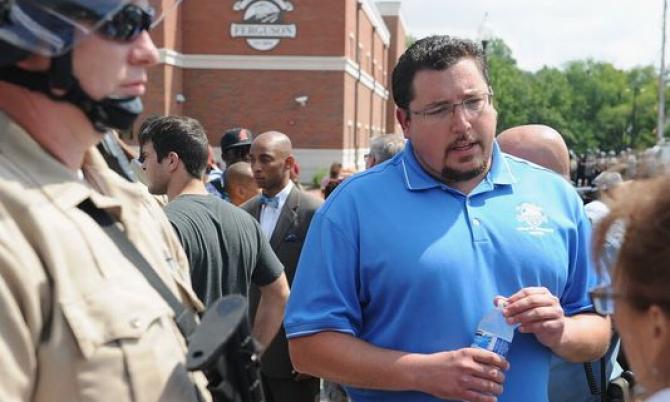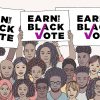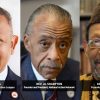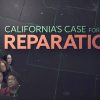
There’s no shortage of calls for racial healing or proposals for community initiatives in slowly back-to-normal Ferguson, Mo. But as the dust settles and the tear gas cannisters pile up in recycle bins, a malignant return to that special brand of Ferguson status quo may be what’s really happening.
After everything that’s happened over the last month—despite management malfeasance on an epic scale—the same city-government officials who were around when Michael Brown was shot on Aug. 9 show no plans of going anywhere anytime soon. They lay comfortably low: a very solid and nearly all-white (save one) political power bloc running a city that’s just under 70 percent African American.
And the fact that seemingly no one in the Show-Me State of Missouri or with a high national profile has yet pulled the recall-election trigger is astounding.
Maybe folks in Ferguson and around St. Louis County don’t even realize that they have that option. But if they so choose, it’s within their power to immediately overhaul the complexion of City Hall. Missouri state law is actually gift-wrapped to give everyone in Ferguson a very important and lasting structural solution to their problem, since the criteria for a recall are fairly straightforward and even conveniently nebulous, if anyone has to play semantics with the enraged Missouri rednecks who would likely go ballistic if this route were taken: “misconduct in office, incompetence and failure to perform duties prescribed by law.”
If Ferguson’s current government doesn’t fit the criteria above for a recall, I’m not sure what does. And all that’s needed are signatures from 25 percent of registered voters and an election within 60 days. With those parameters, Ferguson’s black community should have already fielded a group of candidates and set an election for some time in mid-November.
More than likely, most Ferguson residents don’t know about their recall options, just as they may not have been focused in the past on the town’s regular election process. If that’s the case, it would explain—at least in part—why only 7 percent of black voters showed up at the last city election.
It’s not entirely their fault. Mayor James Knowles III and his Boardwalk Empire-esque political syndicate hold elections in April rather than November, the month when everyone else votes. But we’ve yet to hear about the recall option from local black elected officials, the NAACP, black Greeks or the countless so-called change agents and hip-hop acts who have made star-studded pilgrimages to St. Louis.
The problem is that everyone has cooled down and let the post-Ferguson landscape resemble the old. So by the time we get around to the next St. Louis County election, most of those newly registered and exasperated black voters will have either moved on or moved out.
Which is how we arrived here in the first place. Unaccountable political goons have managed to maintain a heartless power structure. They hire and command a derelict police chief who runs a department now under federal investigation. As if taunting us like mooning frat boys, they hire an (all-white) public relations firm and create pointless “review boards” in an effort to placate residents. So far we’re allowing them do a fantastic job of keeping their jobs. An immediate recall could change all that. But to those on the ground: You better act fast.
Charles D. Ellison is a veteran political strategist and regular contributor to The Root. He is also Washington correspondent for the Philadelphia Tribune and chief political correspondent for Uptown magazine. Follow him on Twitter.















